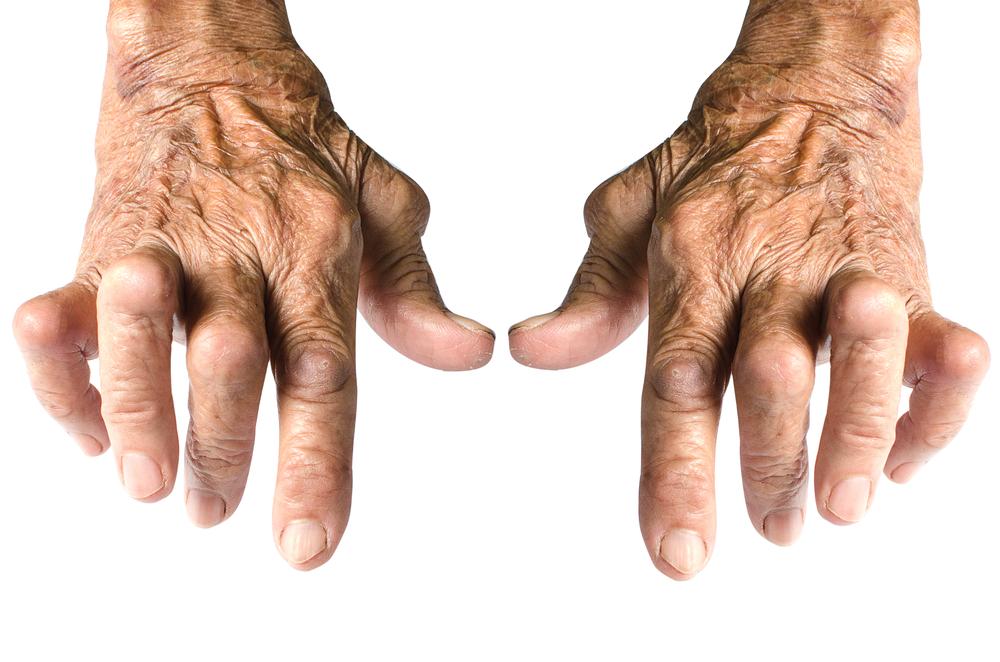
The Common Signs and Symptoms of Rheumatoid Arthritis
Rheumatoid arthritis (RA) is an autoimmune disorder that causes chronic and painful inflammation in the lining of the joints when the immune system mistakenly attacks the body’s own tissues. However, even though rheumatoid arthritis is often thought as a joint disease, it can effect several major systems throughout the body (i.e, blood vessels, heart, skin, lungs, and eyes) as well as the joints. Rheumatoid arthritis strikes in attacks, or flare-ups, that can come and go over a period of weeks or months at a time, followed by periods of remission. If left untreated, RA will worsen and gradually lead to joint deformity, bone erosion, and physical disability.
The following rheumatoid arthritis symptoms come and go, and vary from patient to patient due to disease severity:
1. Joint pain
Perhaps the most characteristic symptom of RA, joint pain is chronic and very painful. However, the pain that strikes at the lining of affected joints typically starts out mild and becomes more painful and swollen over a period of weeks or months.
2. Fatigue
Fatigue is often the earliest indicator of ill health and can occur weeks to month before any other rheumatoid arthritis symptoms present.
3. Symptoms mimicking other conditions
Some of the symptoms of rheumatoid arthritis are akin to those linked to other health conditions. For instance, mild fever, weight loss, loss of appetite, dry mouth, dry eyes and mouth, feelings of weakness, difficulty sleeping, and an overall feeling of malaise are common indicators of many underlying health issues.
4. Development of nodules
Nodules, or bumps, are common in a third of all RA patients, and develop due to pressure and inflammation in joints, such as the spine, knuckles of the hands, elbows, and lower leg bones. These bumps typically range in size.
5. Numbness
Inflammation, particularly in the tendons, creates undue pressure on the underlying nerves, and often leads to tingling and numbness deep within affected joints.
6. Morning stiffness
Joint stiffness is often worse following long periods of being sedentary. This means, after 8-hours of sleeping, the joints tend to be stiff, swollen, and the most painful first thing in the morning.
7. Impacted range of motion
As RA progresses, inflammation over a long term will often lead to decreased range in motion due to pain, swelling, and joint damage when attempting to bend, rotate, apply weight, or straighten some joints. Some patients even experience squeaking and cracking joints if cartilage is exposed and grinds against joints with movement. Regular, gentle physical activity is important to promote range of motion in affected joints.
Interested in more articles about Wellness ? Explore them here. Keep yourself updated with fresh content by liking us on Facebook or subscribing to our Newsletter.
If a daily dose of fantastic images related to Women’s Lifestyle gets you going, follow us on Instagram .




